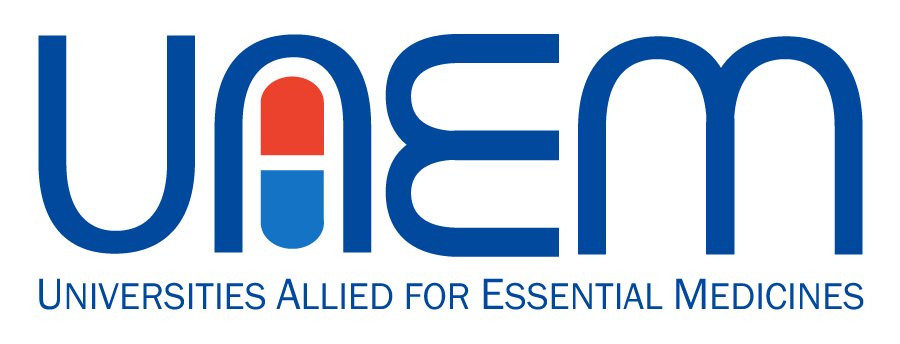Clinical Trials Transparency Team presents at CERSI Scientific Symposium
On January 7, 2024, Megan Curtin, Allisun Wiltshire, and Brix Kowalski of the UAEM North America clinical trials transparency team presented a novel analysis of the FDA’s use of notices of noncompliance and pre-notices of noncompliance and efforts to get clinical trial results reporting compliant with the law.
The poster, titled Analyzing Delays and Enforcement Challenges in FDA Clinical Trial Reporting Oversight - An Investigation of FOIA Requests investigated the impact of the FDA’s timeliness and risk-based approach to enforcing clinical trial sponsor compliance with the Food and Drug Administration Amendments Act of 2007.
Download the poster, see the figures, and read more about the findings here.
Allisun Wiltshire, Megan Curtin, and Brix Kowalski, all members of the UAEM North America Coordinating Committee and recent university alumni, present their findings at the CERSI Scientific Symposium on January 7, 2024.
Key points:
23% of applicable clinical trials on ClinicalTrials.gov are missing results due to reporting deficiencies.
FDAAA mandates results reporting within 12 months of completion to ensure access, prevent fraud, and avoid duplication.
Pre-Notices and Notices of Noncompliance aim to enforce compliance, but no fines have been levied.
UAEM conducted a Freedom of Information Act investigation and identified 32 cases of noncompliant trial sponsors for analysis. We found:
Pre-Notices are effective, with a median delay of 1.5 years from reporting deadline to issuance.
Notices of Noncompliance yield faster responses (median 2 days) and 100% result in subsequent reporting.
Expedient Pre-Notices improve compliance, but Notices of Noncompliance are more effective.
Inconsistencies in FDA's risk-based approach application suggest resource prioritization is needed.

